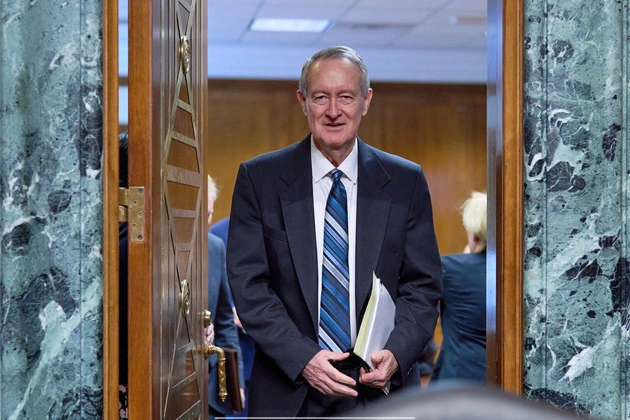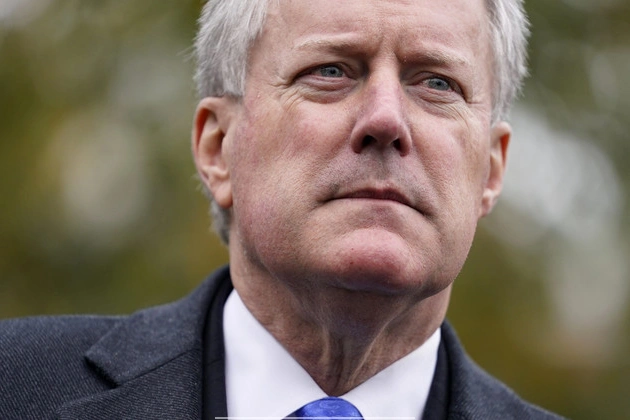
Introduction: A Bipartisan Stand Against Tariffs
Republicans and Democrats are coming together to oppose President Trump’s proposed tariffs on Canada, showcasing a rare bipartisan effort in the Senate. The resolution led by Sen. Tim Kaine (D-Va.) has garnered support from key GOP figures like Sen. Susan Collins (R-Maine) and Sen. Rand Paul of Kentucky.
Concerns Over Tariffs and Trade Policy
Sen. Collins emphasized the detrimental impact tariffs on Canada would have on both countries’ economies, highlighting potential job losses in key industries like lobstering, wood pulp, potato, and blueberry production in her state.
Other Republican senators, including Thom Tillis of North Carolina and Chuck Grassley of Iowa, have also expressed reservations about President Trump’s tariff strategy towards Canada, citing concerns about the broader implications on trade relationships.
The Senate Vote and Potential Outcomes
If the Democratic caucus unites behind Kaine’s resolution, at least four Republicans need to join for Senate approval. While the House may not bring the resolution to a vote, the Senate’s stance represents a significant challenge to President Trump’s trade agenda.
Senate Majority Leader John Thune acknowledged the concerns surrounding tariffs on Canada and emphasized the need for a nuanced approach that addresses specific issues like fentanyl trafficking without resorting to blanket tariffs.
Looking Ahead: A Shift in Trade Dynamics
The opposition to tariffs on Canada signals a shift in GOP lawmakers’ willingness to challenge President Trump’s trade policies. With market uncertainty and internal dissent, the Senate vote marks a pivotal moment in shaping future trade relations.
Final Thoughts
As the Senate prepares for the crucial vote on Kaine’s resolution, the debate over tariffs on Canada underscores the complex interplay of economic interests and political dynamics. Stay tuned for updates on this evolving story.















